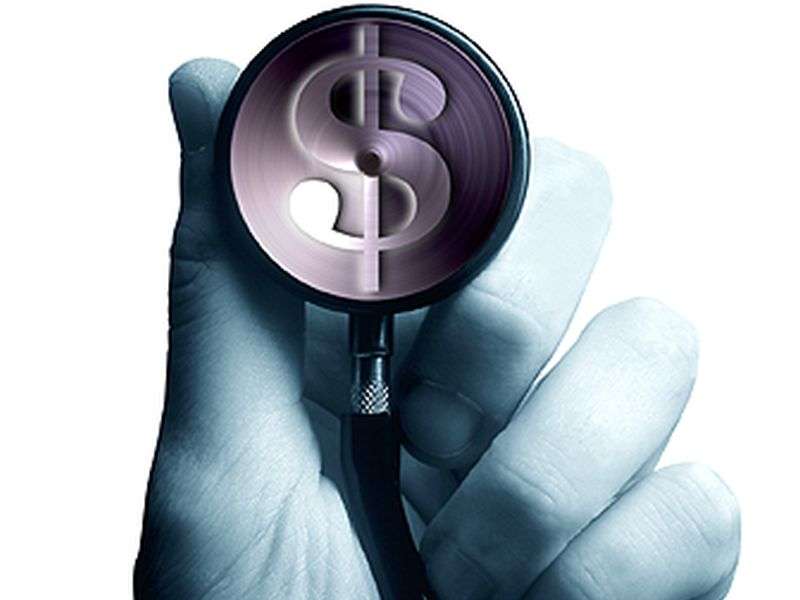(HealthDay)—At its current price, the addition of evolocumab to standard therapy in patients with atherosclerotic cardiovascular disease generally exceeds accepted cost-effectiveness thresholds, according to a study published online Aug. 23 in JAMA Cardiology.
Gregg C. Fonarow, M.D., from the Ronald Reagan University of California in Los Angeles, and colleagues examined the cost-effectiveness of evolocumab in patients with atherosclerotic cardiovascular disease. A Markov cohort state-transition model was used, which included U.S. population-specific demographics, risk factors, background therapy, and event rates, as well as trial-based event risk reduction.
The researchers found that evolocumab was associated with increased cost and improved quality-adjusted life-year (QALY) in the base case, using U.S. clinical practice patients with atherosclerotic cardiovascular disease with low-density lipoprotein cholesterol levels of ≥70 mg/dL and an annual events rate of 6.4 per 100 patient-years: incremental cost $105,398; incremental QALY, 0.39, with an incremental cost effectiveness ratio (ICER) of $268,637 per QALY gained. ICERs varied from $100,193 to $488,642 per QALY in sensitivity and scenario analyses, with ICER of $413,579 per QALY for trial patient characteristics and event rate of 4.2 per 100 patient-years. In most scenarios, evolocumab treatment exceeded $150,000 per QALY.
"To achieve an ICER of $150,000 per QALY, the annual net price would need to be substantially lower ($9,669 for U.S. clinical practice and $6,780 for trial participants), or a higher-risk population would need to be treated," the authors write.
Several authors disclosed financial ties to pharmaceutical companies, including Amgen, which manufactures evolocumab and funded the study.
More information:
Abstract/Full Text
Editorial
Journal information: JAMA Cardiology
Copyright © 2017 HealthDay. All rights reserved.






















